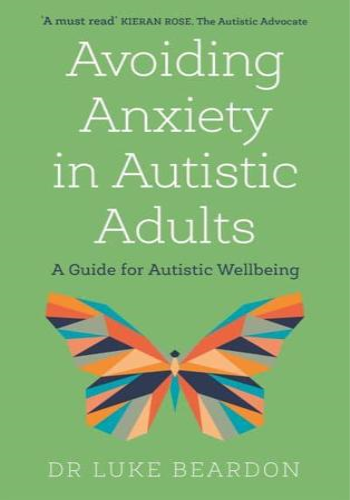There is good and increasing evidence that cultivating compassion for one's self and others can have a profound impact on our physiological, psychological and social processes. In contrast, concerns with inferiority, shame and self-criticism can have very negative impacts on these processes and are associated with poorer physical and mental health.
The Compassionate Mind Workbook is for anyone who is interested in how compassion - in the form of ideas and practices derived from Compassion Focused Therapy (CFT) and other approaches - may help us to engage with, understand and ultimately, try to alleviate suffering.
CFT utilises both Buddhist practices and Western psychological science. It draws on neuroscience, insights into emotion regulation and identity formation, interpersonal psychology and a range of psychotherapeutic models. CFT-based interventions can help people with a range of mental health problems develop compassion for themselves, be open to the compassion of others and develop compassion for others.
This workbook is a step-by-step guide to CFT, in which the chapters build your understanding of yourself, the skills that give rise to a compassionate mind, and ways to work with whatever difficulties you're struggling with in life. The exercises, prompts and case stories in this book provide an understandable and practical way to develop compassion.







